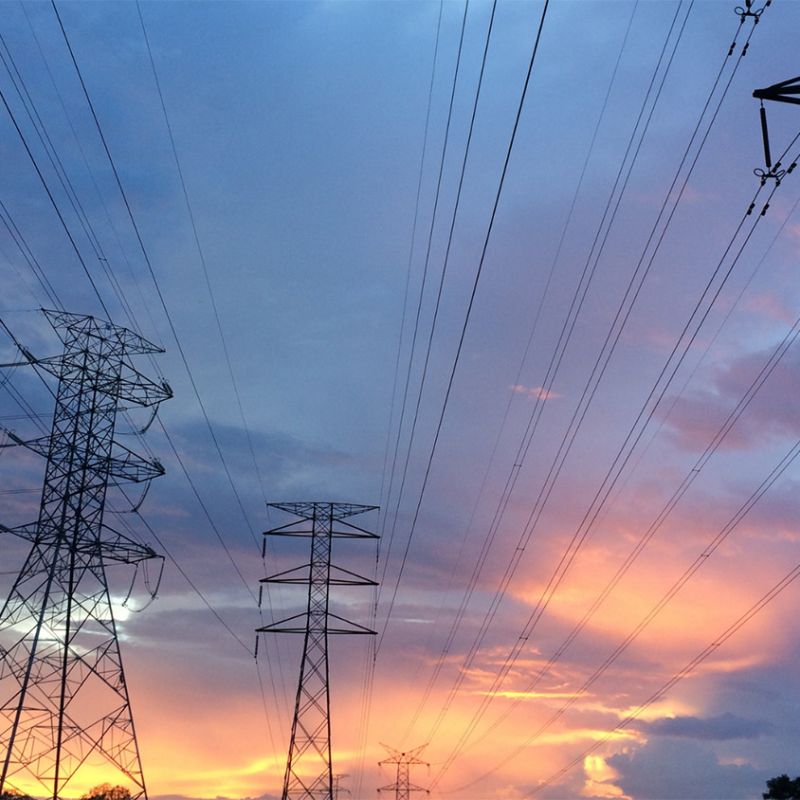Comparison tools help you compare the price of different energy plans and make an informed decision about which offer best suits your needs.
Usually you enter information about where you live and your current energy usage into the website and it will use this to identify and compare the prices of different energy plans available to you. It is then up to you to contact your chosen retailer to arrange your new energy contract.
For QLD, NSW, ACT, SA and TAS: Comparing energy plans is easy with our free energy and independent energy price comparison service
Energy Made Easy.
What about other commercial switching sites?
Commercial switching services will offer to find you a better deal for your energy service. Similar to comparison services you will need to provide them with information about your current energy bills and usage. You can normally do this online or by phone.
The switching service will then cancel your existing agreement and sign you up to the new retailer that you have chosen. It is important to know that some switching services have preferred retailers and may also receive a commission from retailers for switching customers to them.
It is important to remember that switching services do not always compare all offers from energy retailers and you may not be provided with the best offer available for you.
